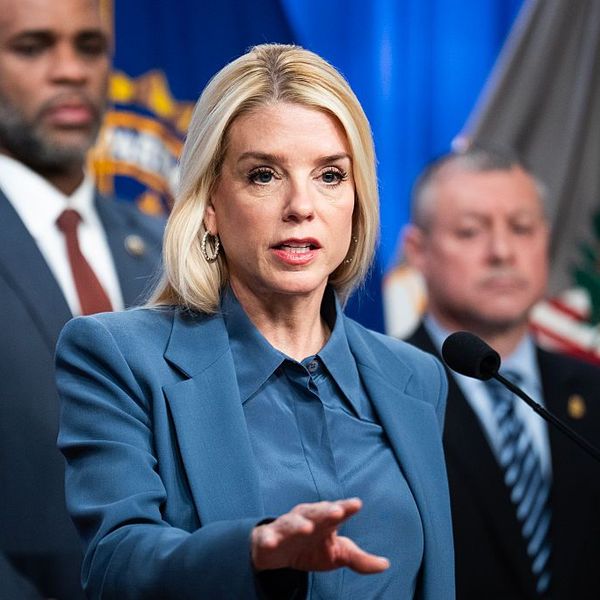As more attention was focused on this yesterday, Governor Rendell said he was embarrassed by the news and fired the company engaging in the spying; but he didn't fire the guy who had hired the company.
Rendell, who claimed he'd just learned about the practice, said Tuesday that the information was useless to law enforcement agencies and
that distributing it was tantamount to trampling on constitutional
rights. In recent weeks, several acts of vandalism at drilling sites
spurred the inclusion of events likely to be attended by
environmentalists and the bulletins began going to representatives of
Pennsylvania's booming natural gas industry.[snip]
"I am deeply embarrassed and I apologize to any of the groups who
had this information disseminated on their right to peacefully
protest," Rendell said at an evening Capitol news conference.Rendell called the practice "ludicrous" and said the fact that the
state was paying for such rudimentary information was "stunning."Still, Rendell said he was not firing his homeland security
director, James Powers, but he ordered an end to the $125,000 contract
with the Philadelphia-based organization, the Institute of Terrorism
Research and Response, that supplied the information. [my emphasis]
But the first response from the Governor's office-for the paper that first broke this story-was initially support for the program.
Gary Tuma, Gov. Ed Rendell's spokesman,
said, "It is part of Homeland Security's responsibility to alert local
law enforcement, local officials and potential victims" to any
potential problems.He said the inclusion of anti-drilling activity in intelligence
bulletins "by no means brands groups that speak publicly on one side or
the other of an issue as troublemakers." The information has been
included "because there have been acts of vandalism."Powers added that a lot of times anti-drilling activists show up
without obtaining a permit to protest, "and that in itself is a
violation of the law."When it was noted that citizens do not need a permit to attend public
meetings and express dissenting opinions, Powers said, "You're looking
at it out of context. I get to see everything over time."Powers said that when anti-drilling activists attend public
meetings, "their presence may spark something else." He said he didn't
want to see public meetings "escalate to physical criminal acts." [my emphasis]
Now, perhaps Rendell was ignorant about this effort. Perhaps his
opposition to it is-as stated-that the information collected was not
useful for law enforcement.
But I am rather curious by this detail: when the emails revealing the
extent of the surveillance got sent to activists, James Powers-the guy
Rendell didn't fire-sent an email to (among others) the drilling
industry's lobbyist, saying he didn't want this information to inflame anti-drilling activists.
He added, "We want to continue providing
this support to the Marcellus Shale Formation natural gas
stakeholders, while not feeding those groups fomenting dissent against
those same companies."Powers sent copies of his e-mail to the Institute
of Terrorism Research and Response as well as to Pam Witmer, a lobbyist
with the Bravo Group, which lobbies for the gas industry.
Which sure makes it seem like Powers was about monitoring political
activities-those "fomenting dissent"-rather than potential terrorists.
Among the others included in this surveillance? Anarchists, "black power" groups, animal rights activists protesting a rodeo.
Because we all know rodeos are critical infrastructure.

